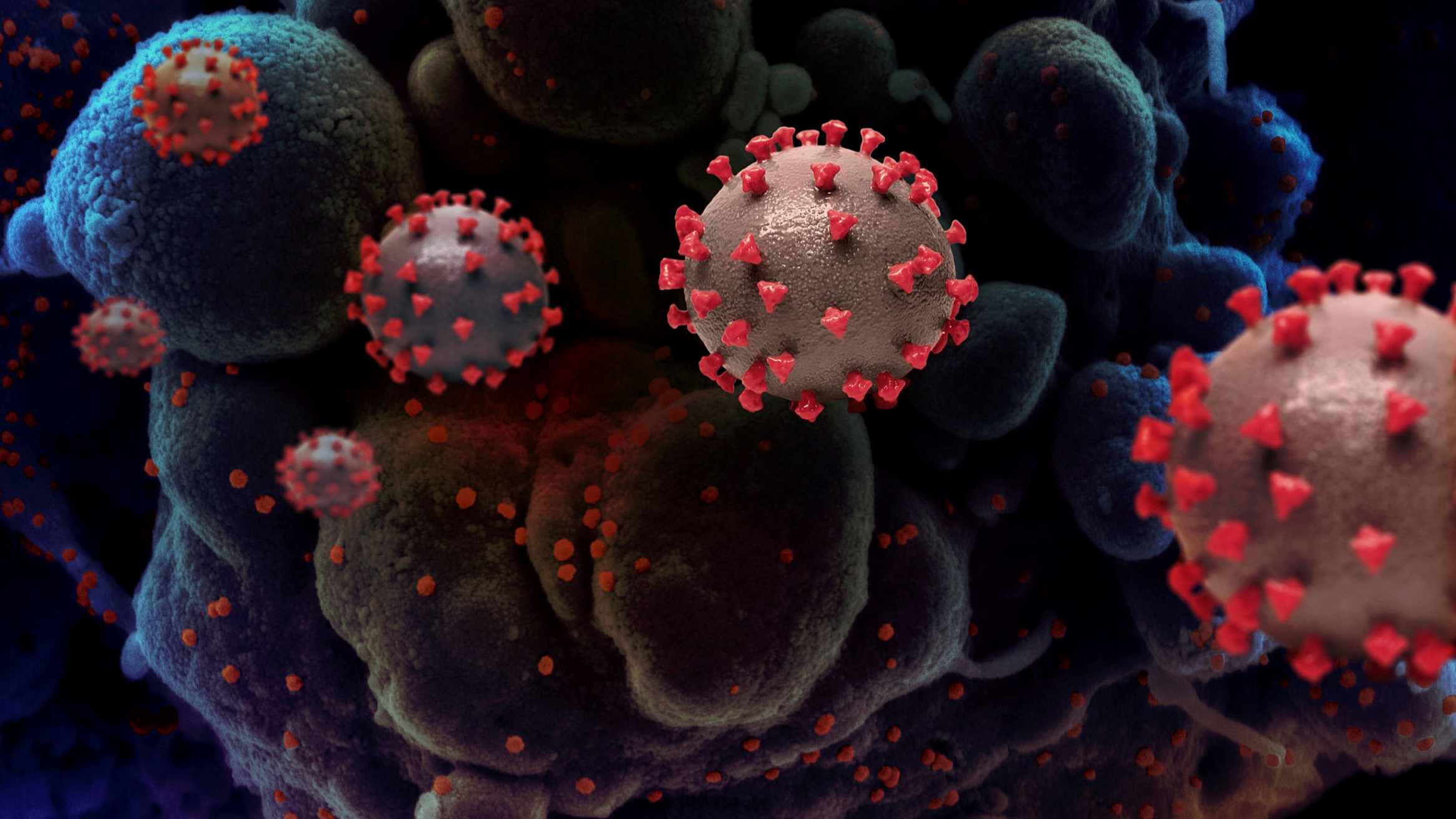Till date, there have been 187 individuals detected with UK coronavirus strain, six people with South African strain and one with Brazilian strain, as stated by the central health ministry. However, there has been no evidence to back that these new variants are responsible for the upsurge of Covid-19 cases in Kerala and Maharashtra, Dr. VK Paul, Member of the NITI Aayog, said.
Secretary of Health Ministry said that the cumulative positivity rate is 5.19 percent in the country and is declining rapidly. Kerala and Maharashtra still have 75 percent active Covid-19 cases. Kerala has 38 percent of the total active cases of the country while Maharashtra has 37 percent of the total active cases, he said.
In another announcement, Rakesh Mishra, Director of the Council for Scientific and Industrial Research – Centre for Cellular and Molecular Biology said that there are more than 7,000 coronavirus mutations in India of which some could pose a serious risk. He also added that among the variants, N440K is spreading a lot more in the southern states.
The CCMB alone has done an exhaustive analysis of over 5,000 coronavirus variants in India and how they have evolved over the course of the pandemic.
A team of the CCMB scientists also published a paper on their findings – “SARS-CoV-2 genomics: An Indian perspective on sequencing viral variants”.
The Hyderabad-based Institute has been studying the evolution of the virus, its mutations and strains ever since the pandemic hit the country.
The paper stated, “India has so far not been sequencing SARSCoV-2 isolates to full capacity, having deposited only about 6,400 genomes of the over 10.4 million recorded cases (0.06 percent).”
“Exploiting advances in genomic epidemiology by monitoring and increasing sequencing efforts following local spikes will go a long way in staying on top of mutations of concern while their biology and effects are studied in greater detail,” the paper said.
Also See: New Mutants of Coronavirus
After the evolution of the UK and Brazilian strains of coronavirus which have been found to be more transmissible, the Indian government has stepped up sequencing the genomes.
Unlike Europe, India has not seen the kind of spread of the highly contagious UK variant. The British variant has been reported in 187 people in India.
For this purpose, an Indian SARS-CoV-2 Genomic Consortia (INSACOG) comprising 10 institutes has been formed. The CCMB is a part of the consortium.
Experts are now calling for Genome Tests for the virus obtained from the infected individuals on “War-Footing”. In this regard, around 800 to 900 samples from Maharashtra and Kerala – two of the five states that have seen a rise in coronavirus cases in the recent days – have been sent for genome sequencing in the last one month, top sources in the Union Health Ministry said. This comes amid fears of a spread of the mutant strains of the virus, and a resurgence of the pandemic.
Concerned over the rising number of cases of coronavirus, Punjab Chief Minister Captain Amarinder Singh on Tuesday ordered fresh guidelines in the state to contain the spread of the virus. The CM said that the capacity of indoor gatherings would be restricted to 100 and outdoor gatherings to 200 from March 1, along with strict enforcement on wearing of mask and following social distancing. Coronavirus testing would also be ramped up to 30,000 a day.
India’s total tally of Covid-19 cases rose to 1,10,16,434 on Tuesday, with 10,584 new infections being reported in a day, while the recoveries have surpassed 1.07 crore, according to data from the Union Health Ministry. With 78 new fatalities in a day, the overall death toll increased to 1,56,463, the data updated at 8 am (Tuesday) showed.
On the vaccination front, on Tuesday, Union Health Minister Dr. Harsh Vardhan said that over 1.17 crore people have been vaccinated against Covid-19 so far.
The number of people who have recuperated from the disease reached 1,07,12,665, translating to a national recovery rate of 97.24 percent while the case fatality rate stands at 1.42 percent. The active coronavirus infections in the country have reduced to 1,47,306, which comprises 1.34 percent of the total caseload, the data stated.
According to the data, the country’s active caseload as on Monday stood at 1,50,055 cases, which is 1.36 percent of the total positive cases.





